One thing that consumers miss when it comes to buying calling cards is that even though they are relatively simple to understand there are some additional points of information that if they knew would make buying calling cards a lot more financially friendly.
What do I mean by financially friendly?
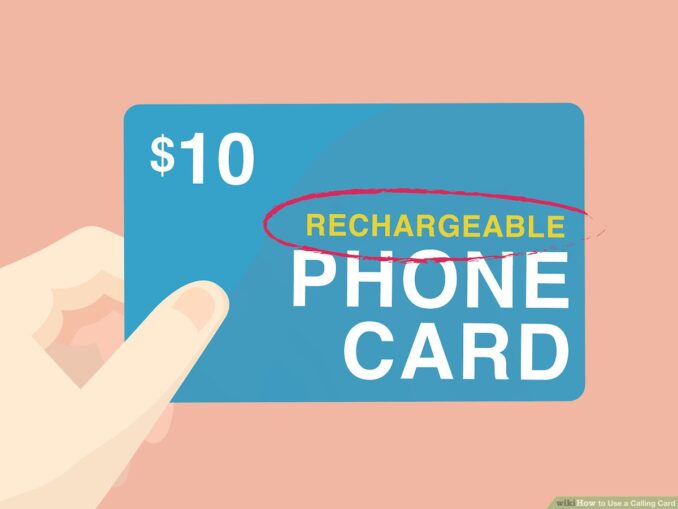
Source:wikihow.com
Most customers think that when they purchase a calling card for $10 that they are going to get $10 worth call time.
While on paper this is initially true, as soon as you buy the calling card you can see or hear that you have $10 available in talk time.
The reality is different.
Few people every get to use up $10 worth of their talk time because it is often eaten away by things like connection or disconnection fees, daily service charges, call block time, etc.
These are areas we’ll delve deeper into inside this article, but just know that if you are not paying attention you will pay $10 for $9 (or less) actual talk time.
In this article I’m going to share with you my best tips for ensuring that you get as much money from your calling card as possible.
Let’s dive in.
1. Not all calling rates are created equal
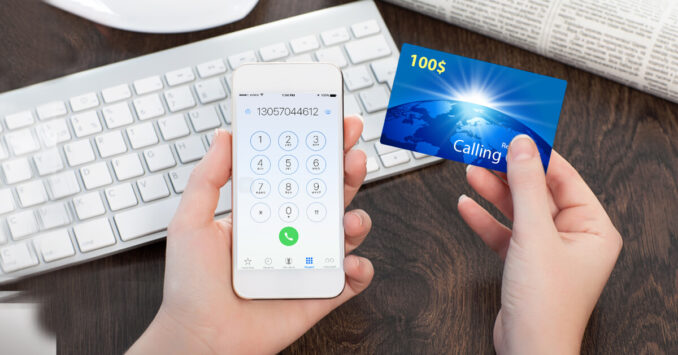
Source:revesoft.com
Customers pretty much fall into the same trap when it comes to purchasing a calling card and that of course is…which calling card has the cheapest calling rate?
Price is an important metric in deciding which calling card to go with it shouldn’t be the only consideration – JT, nzphonecards.co.nz
Here is one overlooked question you need to find out so that you are getting the best calling rates.
What are the calling block times? (otherwise known as billing increments.)
Almost all calling cards will give you a “per minute rate” but this doesn’t mean that you will be charged that amount every minute.
Most calling cards will charge customers in billing increments like 3 or 4 minutes which is ok for most people but I’ve seen billing increments of up to 15 minutes!
Why is this important?
A billing increment or calling block time means that you will be charged once at the beginning of that specific block of time.
Let’s use the 15 minute billing increment as an example using a card that charges you 10c per minute.
On the face of it, 10c per minute might sound like a great deal compared to other options that may be offering less but just know that as soon as your call is connected you are charged $1.50 regardless of whether your call lasts 14 mins and 59 seconds or 1 minute – yes, your 10 cents per minute could in fact cost you $1.50 per minute if it’s a quick call.
Even if your calls last for an hour, chances are you are not going to end your call on exactly the 14th minute and 49 seconds which means you are not actually paying 10 cents per minute, it is probably closer to 15c per minute.
My advice here is to find calling cards that have 1-3 minute billing increments so that you are not overpaying on your calls.
By understanding the per minute rate as well as the billing increment time you are already well ahead of 99% of calling card buyers.
Let’s keep moving.
Next topic is avoiding hidden fees.
2. Avoiding hidden fees
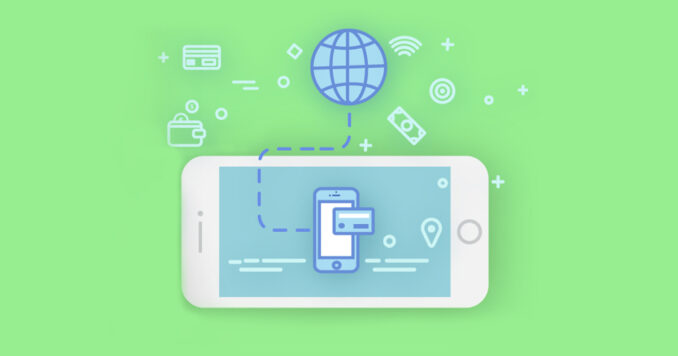
Source:pinngle.me
The calling card industry runs on super tight margins and as a result, calling card operators need to come up with ways to not only offer the best rates but also keep their heads above water.
One of the best ways for a lot of calling card companies is to introduce special fees.
Personally I don’t have a problem with additional fees as long as there is a payoff for the customer in some way.
For example…
Connection fees
A connection fee (or disconnection fee) is a fee that is deducted from your calling card balance as soon as a connection has been established either to a person or voicemail – a disconnection fee is a fee charged to the calling card upon successful completion of a phone call either to a person or voice message machine.
On the surface this may seem like a bit of a scam but oftentimes these calling cards come with a cheaper per minute rate which makes them ideal for people who like to have longer conversations 60 minutes plus, any shorter than that and I wouldn’t recommend them.
Another common fee is the daily service charge…
Daily service charges
Recently I found a study that found that a jaw-dropping 48% of calling cards actually charge a daily, weekly or monthly service fee.
This is a special fee that is charged to your card regardless of whether you actually use that card or not.
This begins as soon as your activate the calling card which is typically done when you make your first phone call.
This means that if you are a person who calls a friend or relative once per month then you could have an empty phone card by the time you go to make your next phone call due to the daily service charges.
Why do phone card companies charge these fees?
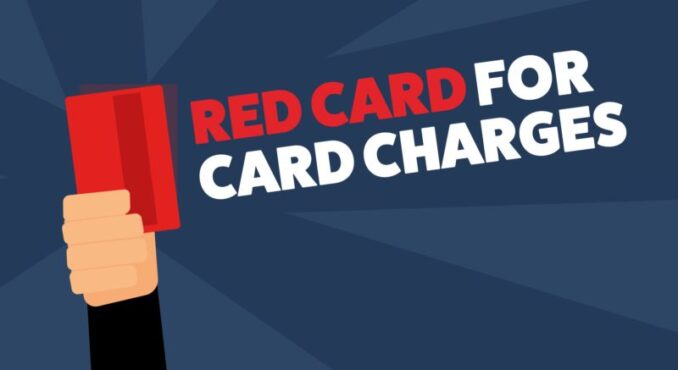
Source:pinterest
While some will say that it helps to maintain their products and services to me this is nothing more than a way to squeeze more money from their customers.
What about if your calling card expires? Surely, you can just top it up again and be on your way?
Reactivation fees
It is common business practice to remove the balance of a calling card if the customer allows that card to expire – while it never goes down well with consumers, calling card companies are well within their right to do this as long as it is clearly stated on their website.
But some calling card companies will go the extra mile and charge you a reactivation fee on top.
To me any barrier that makes it tougher for a person to buy from you is just plain dumb.
The correct thing to do would be to allow the customer to re-activate their card simply by topping it up and for bonus points perhaps even allow the customer to get their previous balance back like nz phone cards does.
3. Customer service
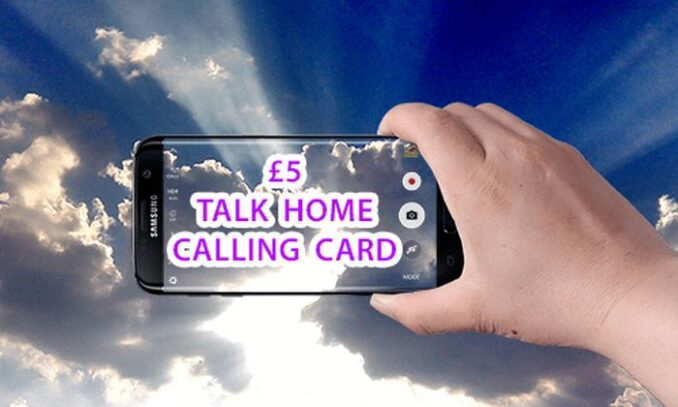
Source:pinterest
Finally, and most importantly, I recommend buying calling cards only from companies that have an active customer support team in place so that you can ask them questions about the things we have discussed.
If you purchase a calling card from a retailer and something goes wrong with your card, that retailer is not going to be able to help you, they may give you a refund but sometimes they won’t.
If you have questions to ask the retailer like the ones above then chances are they are not going to be able to help shed any light.
My recommendation is to find a calling card retailer that specializes only in calling cards whether that be a brick and mortar calling card store or an online retailer.
Personally, I prefer an online retailer only because it saves me from having to travel and they will send out your calling card via email so it’s nice and quick.
But most important is that you will be able to ask all of the important questions like:
- What is the best card to call X country?
- What about calling to mobiles overseas?
- Is there a card that offers good rates to both landlines and mobiles?
- Does this card have a connection fee?
- Do your calling cards come with daily service charges?
- If something goes wrong with my card like low quality audio, call drops or crosslines, how long does this take to resolve?
A typical retailer will not be able to answer these questions, go to a specialist calling card retailer





